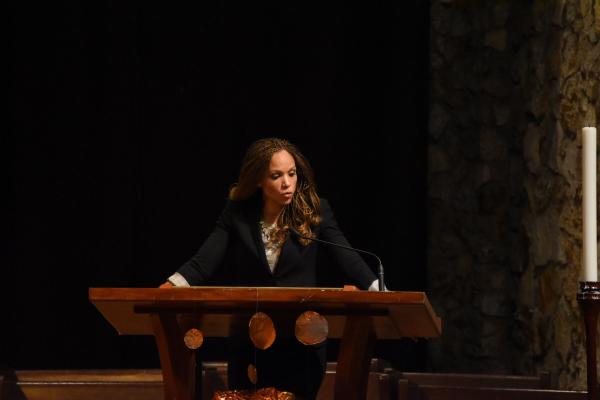Oct 18, 2016
“Beloved Community” is a term first coined by American philosopher Josiah Royce in the early 20th century, later popularized by Dr. Martin Luther King, Jr., in reference to his goal of communal justice. It has since become a popular phrase in progressive faith circles, emphasizing radical inclusion fully liberated from the prejudices and discriminations of this broken world. Often, churches describe the work of justice as “building the Beloved Community.”
Citing both her Unitarian Universalist tradition and her upbringing as a child of a white Mormon mother and black academic father, Harris-Perry said, “I believe in a God that wants me to ask a lot of questions.”
Read the Full Article

Already a subscriber? Login
